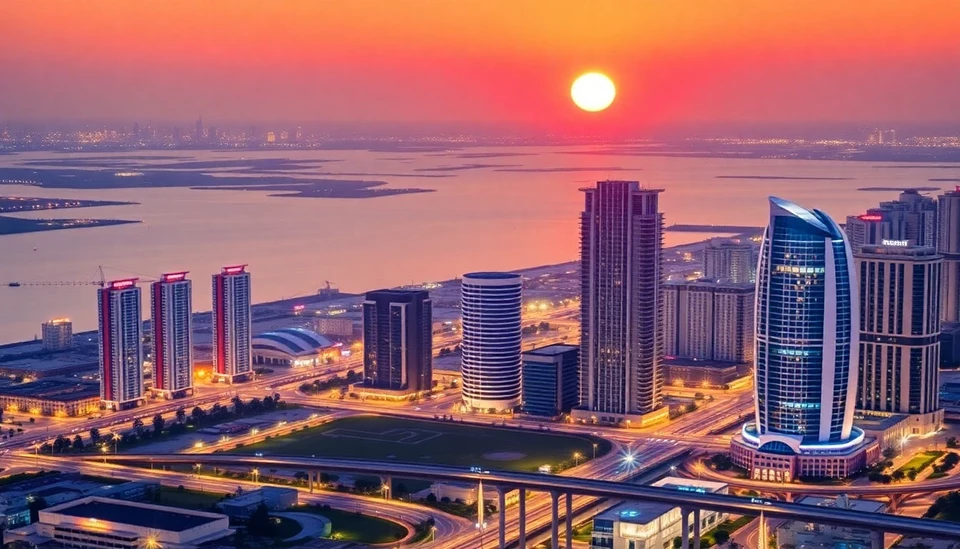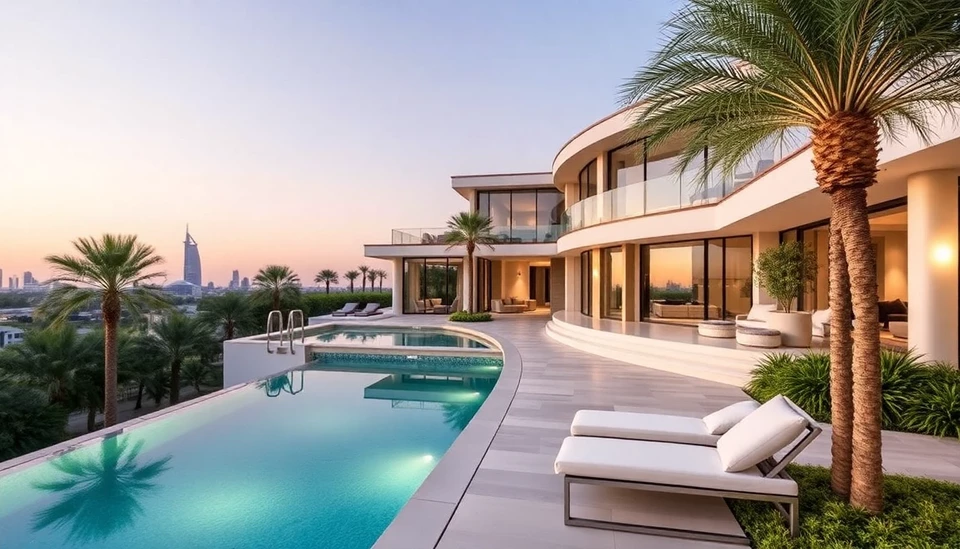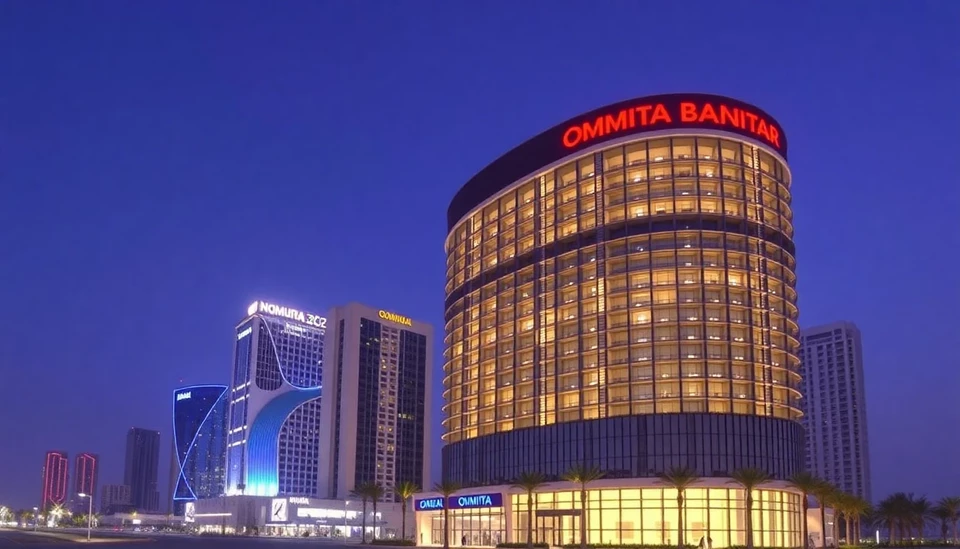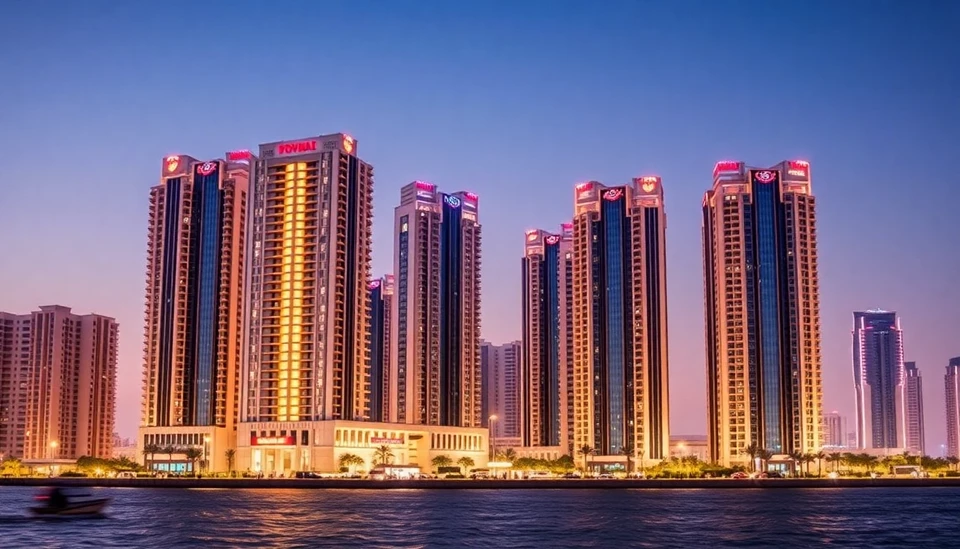
Dubai's real estate market, celebrated for its record-breaking performance over recent years, is beginning to display signs of strain as the global economic landscape continues to evolve. The city, often dubbed a luxury haven, witnessed remarkable price surges that outpaced many global peers, largely driven by increased demand from affluent buyers and investments from overseas. However, recent data signals potential shifts in this trajectory, raising questions about sustainability and long-term growth in Dubai's buoyant property market.
After a meteoric rise, particularly in the luxury sector which saw prices soar by nearly 25% last year, economists suggest that a recalibration may be on the horizon. Rising interest rates, persistent inflation, and geopolitical uncertainties are creating an environment that may temper buyer enthusiasm. Analysts are closely tracking trends that could indicate a cooling off period, as purchasing power for many may dwindle amid escalating financing costs and economic pressures.
Additionally, the influx of foreign investment that has propelled property prices may also be vulnerable to shifts in international markets. As countries worldwide grapple with their own economic challenges, investor confidence might be tested, impacting demand in Dubai. The UAE’s status as a safe haven for property investment has been a cornerstone of its market strength, but geopolitical tensions in the region could prompt a reevaluation of risk tolerance among investors.
Moreover, while the luxury segment continues to attract buyers, there are concerns about oversupply in other segments of the market. Developers, responding to the previous surge in demand, have ramped up construction projects, leading to a potential imbalance between supply and demand. This looming oversupply may further complicate the market dynamics, particularly in the mid-range and affordable housing categories that cater to a different clientele.
Market analysts emphasize the need for vigilance in the face of these challenges. A careful assessment of market indicators is essential for developers and investors alike. Amid these pressures, maintaining price stability and ensuring long-term viability will be critical for the future of Dubai's real estate landscape.
As we move into 2025, the economic pulse of Dubai will be tested. The property market's resilience and capacity to adapt to changing conditions will play a pivotal role in defining its future trajectory. Stakeholders across the spectrum—from investors and developers to prospective homebuyers—will need to stay informed and agile in navigating these turbulent waters.
#DubaiRealEstate #PropertyMarket #EconomicTrends #LuxuryRealEstate #Investment #GlobalEconomy #RealEstateNews #UAEPropertyMarket
Author: Daniel Foster


